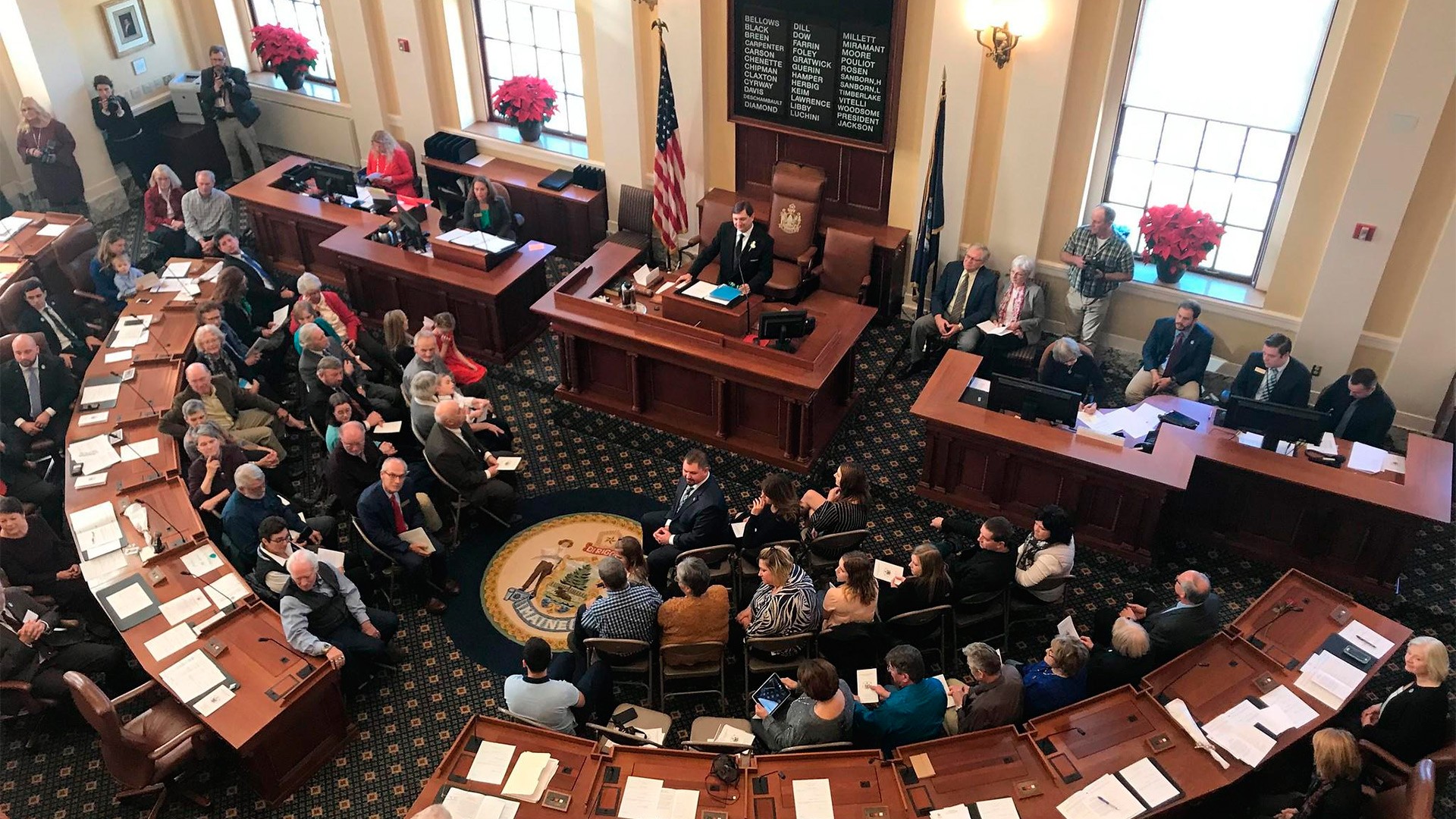The Maine Senate has approved a Gov. Janet Mills-backed bill giving tribes in the state exclusive rights to online sports betting. The proposal cleared the Senate late Tuesday on a 23-11 vote, after a change allowing in-person wagering at Hollywood Casino in Bangor.
The bill is now set to go to the Democratic governor for a signature, and is on track to be the biggest overhaul of the state-tribal relationship to pass in 2022, given Mills’ opposition to a sweeping sovereignty measure long sought by tribes, reports Bangor Daily News.
The proposal would permit the Penobscot, Passamaquoddy and Maliseet tribes to launch operations in the booming sports gaming market, and while they stated the bill is no substitute for a separate sovereignty bill, they still welcome the gaming expansion as it would allow them more options for economic self-determination.
The measure calls for tribes to have exclusive control over mobile betting, which is estimated to comprise 85% of the total market. Meanwhile, land-based casinos and off-track betting parlors would be limited to retail. An original version of the bill would have shut casinos –Hollywood Casino in Bangor and Oxford Casino– out of the market altogether, leading to their opposition.
The Hollywood Casino, owned by gaming heavyweight Penn National Gaming, also opposed a later version of the legislation which would have allowed betting only at Bangor Raceway, which it operates as a condition for its casino. However, the current version of the bill has been updated to allow for sports betting within the Bangor casino, reports Bangor Daily News.
The controversy surrounding Bangor’s role even led Sen. Joe Baldacci, D-Bangor, and other lawmakers, to back a competing effort seeking to also grant mobile betting licenses to the state’s two casinos, in addition to the tribes. This was met with rejection from the nations, which argued casinos would dominate the market and sharply cut in on revenue set to benefit their communities.
Gov. Janet Mills
“This policy decision is fair and equitable,” said Sen. Anne Carney, D-Cape Elizabeth, who co-chairs the Judiciary Committee, in regards to the Senate passage of the proposal. The bill also makes a number of additional concessions to tribes, including tax relief and a consultation process with the state on policies that would affect them.
The bill has also been described as an opportunity to help the state correct wrongs against the tribes. Maine’s Wabanaki tribes have long argued a 1980 settlement has left them out of changes in federal law, including the 1988 Indian Gaming Regulatory Act, which created the regulatory framework for tribal gaming – but not in Maine.
Through the 1980 settlement act, the tribes accepted millions of dollars in exchange for being regulated like cities and towns are. As a result, the pursuit of gaming enterprises contemplated under IGRA was made contingent on voter or legislative approval.



